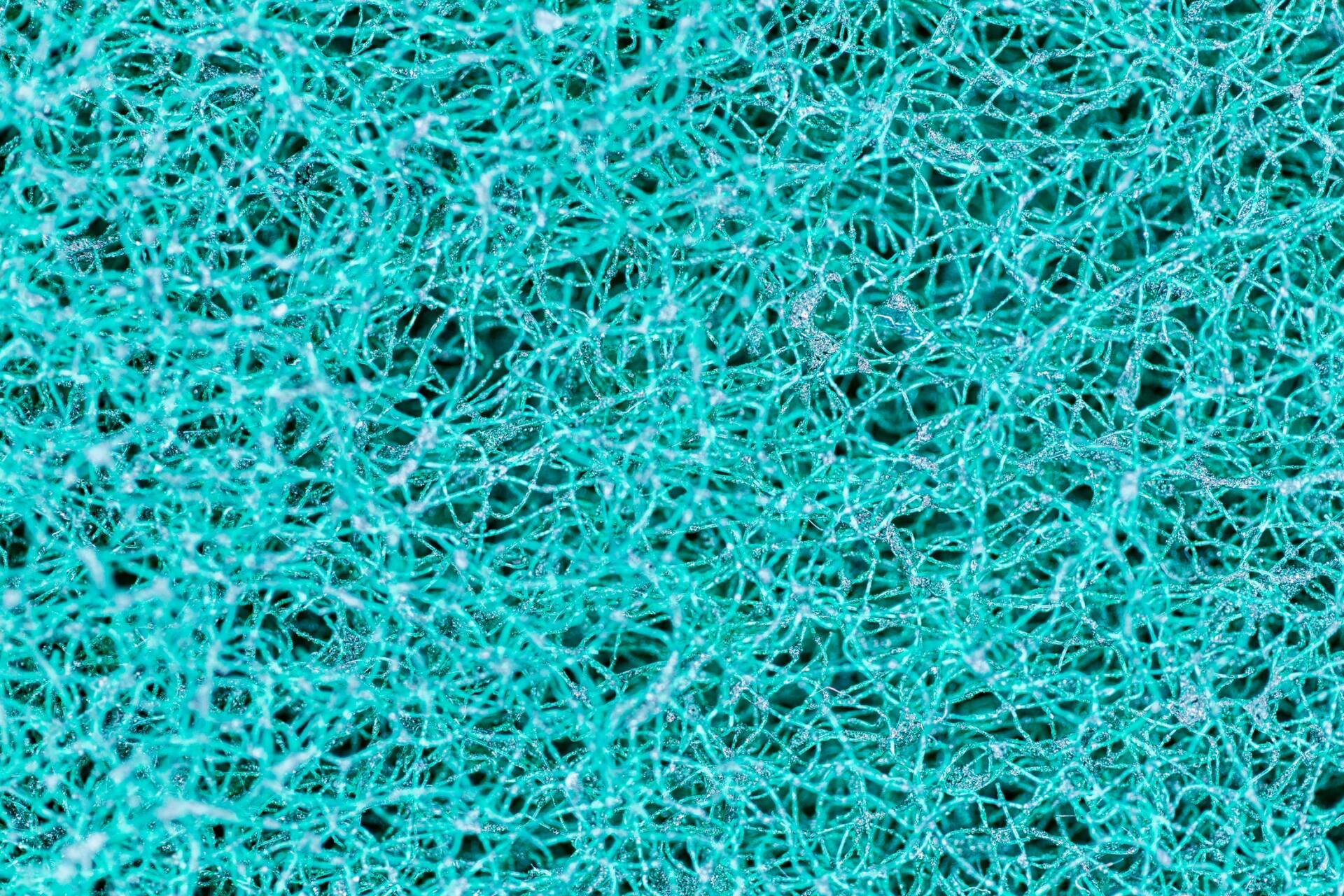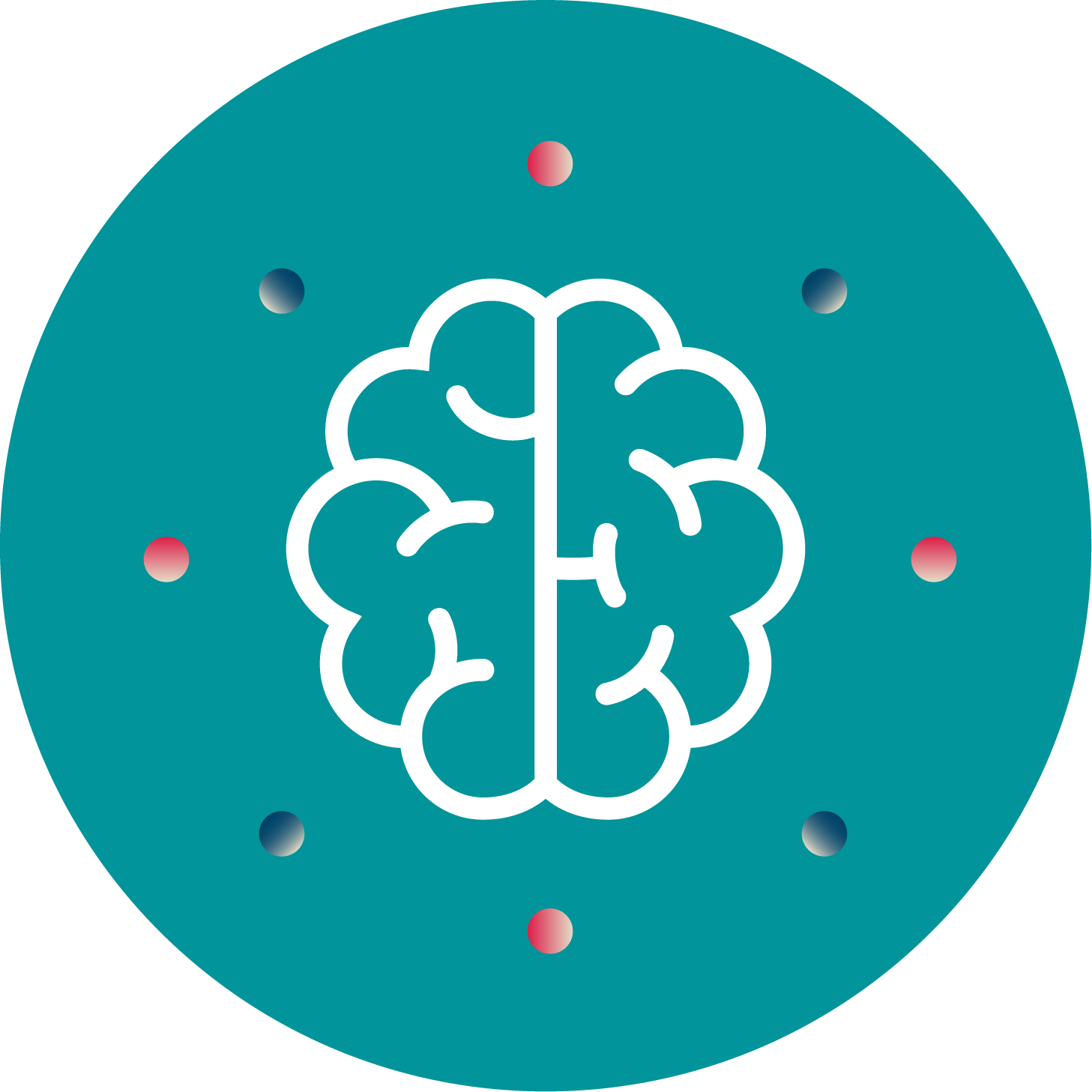The ultimate freedom is a free mind, and we need technology that’s on our team to help us live, feel, think and act freely.
Tristan Harris
Center for Humane Technology
Neuroscience affects you everyday
Advancements in neuroscience have already influenced our everyday lives. Apps are designed to activate our brain’s reward center. Companies use neuromarketing to measure our consumer behavior.
Mark Arrow
27 %
According to a survey, 27% of children who spend three or more hours a day online show symptoms of mental ill health.
Shivani Bai
What is ?
Neuroethics
Neuroethics is an interdisciplinary field at the forefront of research and innovation. It focuses on ethical issues raised by our constantly improving understanding of the brain and our ability to monitor and influence it.
A. Roskies
Mikhail Voloshin
When mind reading goes beyond telepathy
Neuralink and other brain-computer interfaces are rapidly developing. Elon Musk claims that we would soon be able to read and write memories in our brain - raising serious questions about mental privacy. This is the last frontier of privacy - are we ready?
Tearing down the ivory tower
Through our science communication, we provide an inclusive platform to a broad audience who wishes to engage with neuroscience. Matters of neuroethics are matters of our society - which we are addressing.
Elliott Bear Burnett
Chris Gannon
Scientific crossroads
It's all connected. Neuroethics intersects with the larger field of Bioethics and extends to other fields of life sciences such as Genetics and Stem Cell research.
The ethical bird catches the worm
We aim to develop an ethical framework to discuss neurotechnology policy before
neurotechnologies enter the consumer market.
Sven Schwarz
Ping Lu
Ethical by design
We wish to inspire individuals to consider ethics at the design level of the technological applications they create.
Developing policy
We engage with policymakers who are drafting policies that pertain to neurotechnologies, affecting us all.
Alexander Rozhkov
Our Work

In the past two decades, as significant advances in neuroscience have ameliorated our understanding of brain structure and function, along with increasing advancements of brain imaging techniques and state-of-the-art analytic tools, neurocriminology, the study of biological factors contributing to crime, has resurfaced.
Our Crew
Join Us Aboard
To solve global challenges we need interdisciplinary and diverse research teams. We offer a safe haven for digital castaways, creative sailors and curious explorers. Do you share the same passion for neuroethics and making our digital society just and democratic?
It's really no dilemma.
Mark Arrow





